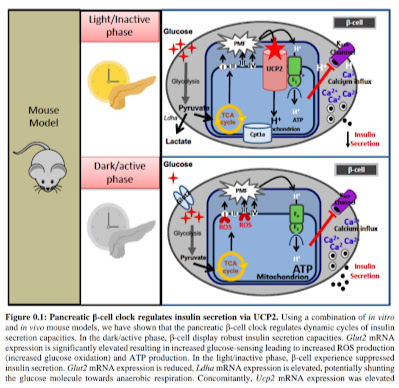Is ammonia from glutamine responsible for making us fat?

If we summarize the basic studies where mice on a high-fat diet remained thin or even lost already accumulated fat, we find that the following is effective: Genetically switched off transcription factor HIF-1α , switching off (pseudo)hypoxia High intake of flavonols suppressing HIF-1α , so turning off (pseudo)hypoxia Genetic switching off of the NADPH oxidase NOX2 , so deactivation of the source of superoxide and hydrogen peroxide during (pseudo)hypoxia Labeling of the enzyme xanthine oxidase with ubiquitin and its removal, so removal of the largest source of superoxide and hydrogen peroxide during a fatty diet , i.e. prevention of entry into (pseudo)hypoxia Knocking down UCP2 in pancreatic beta cells , i.e. lowering insulin levels and reducing H2O2 production, so preventing the triggering of (pseudo)hypoxia by reducing glucose entry into cells So what is this about? Some process triggers extremely high levels of superoxide and then hydrogen peroxide, which triggers defensiv...
